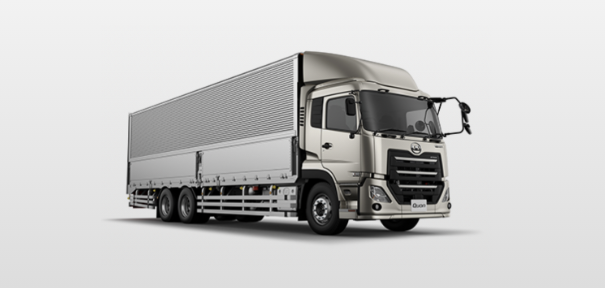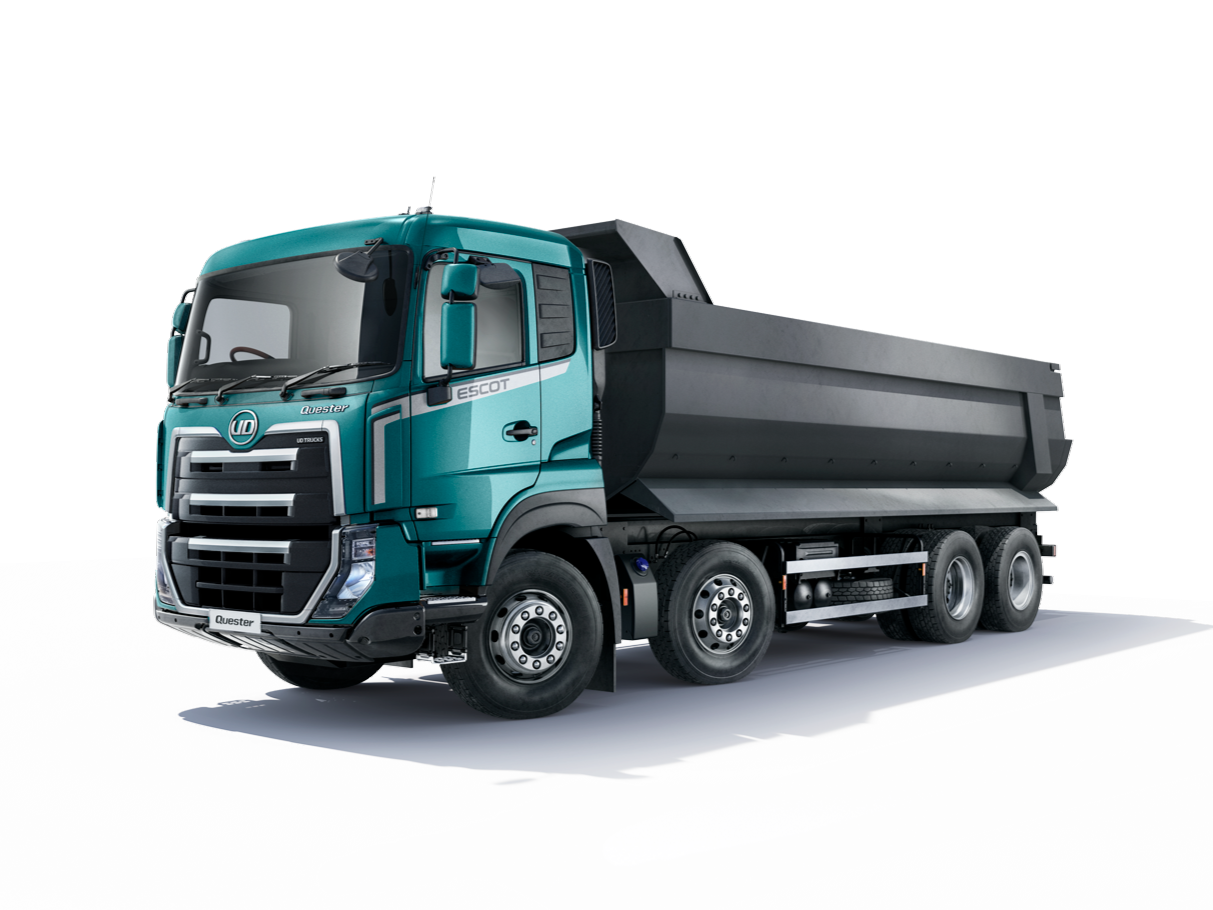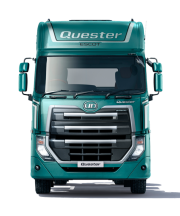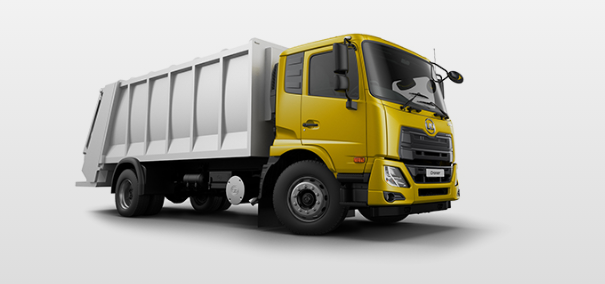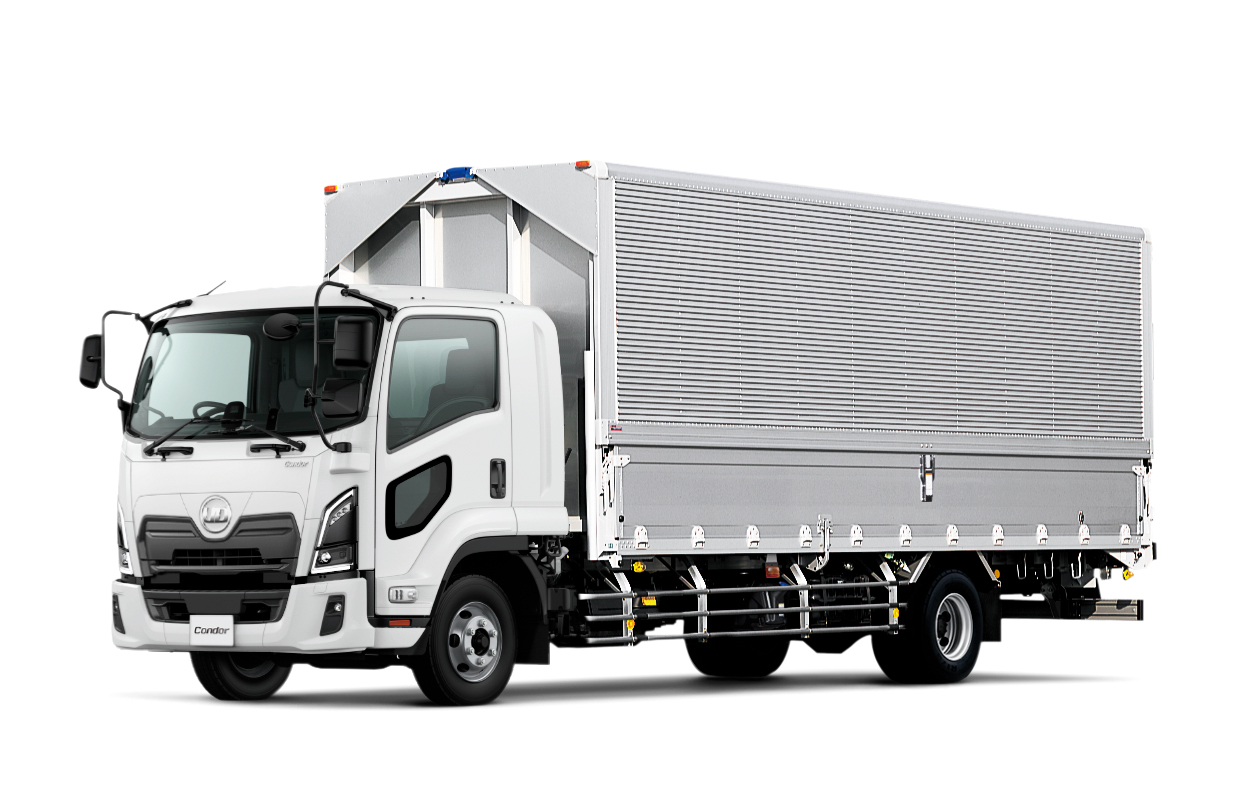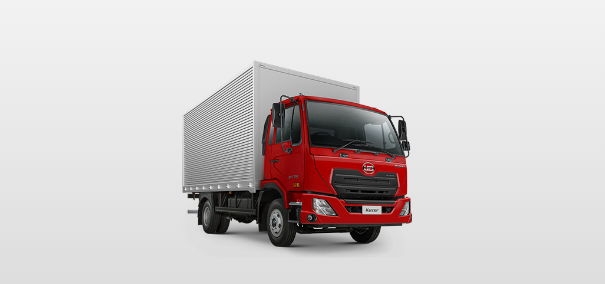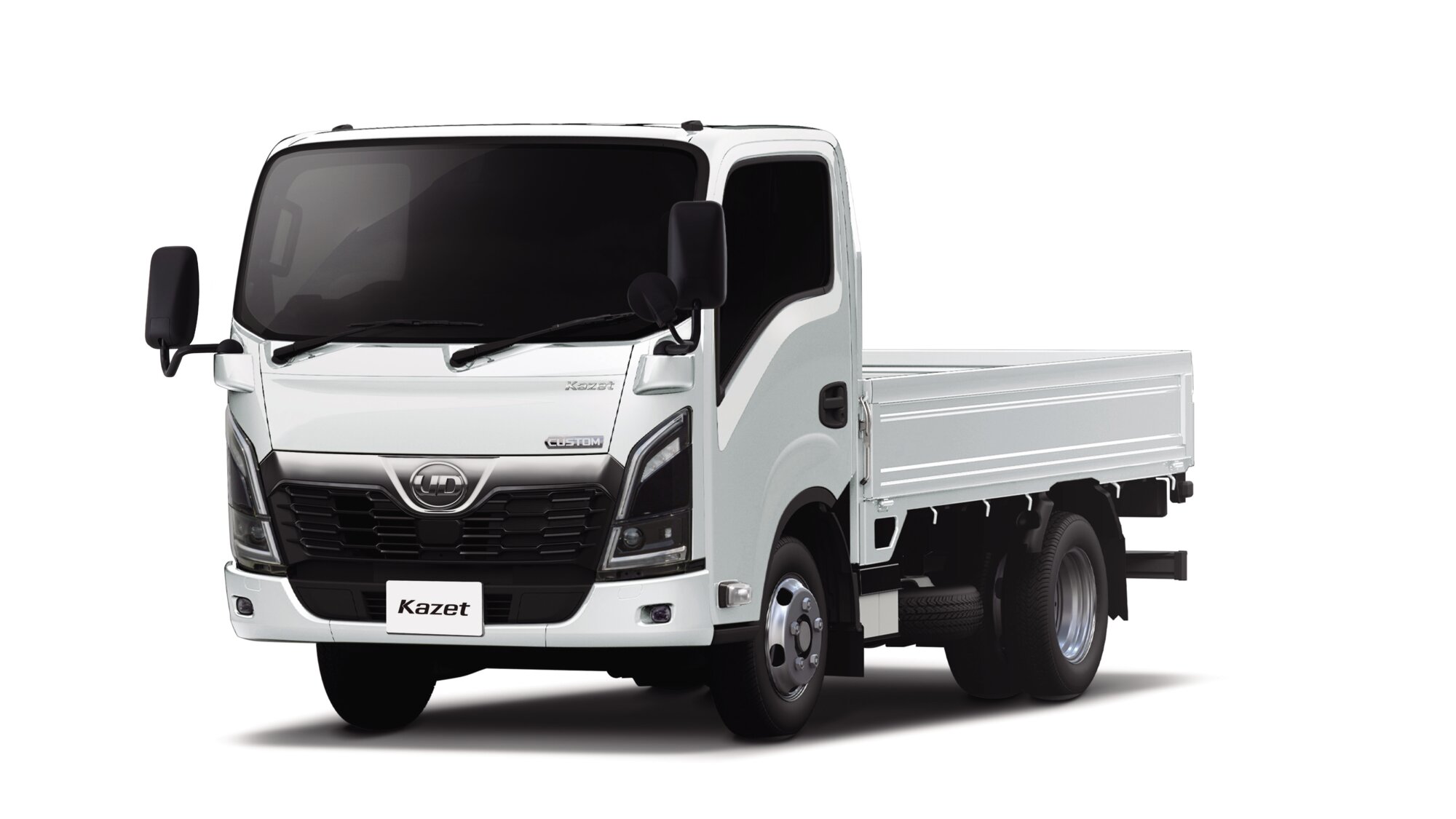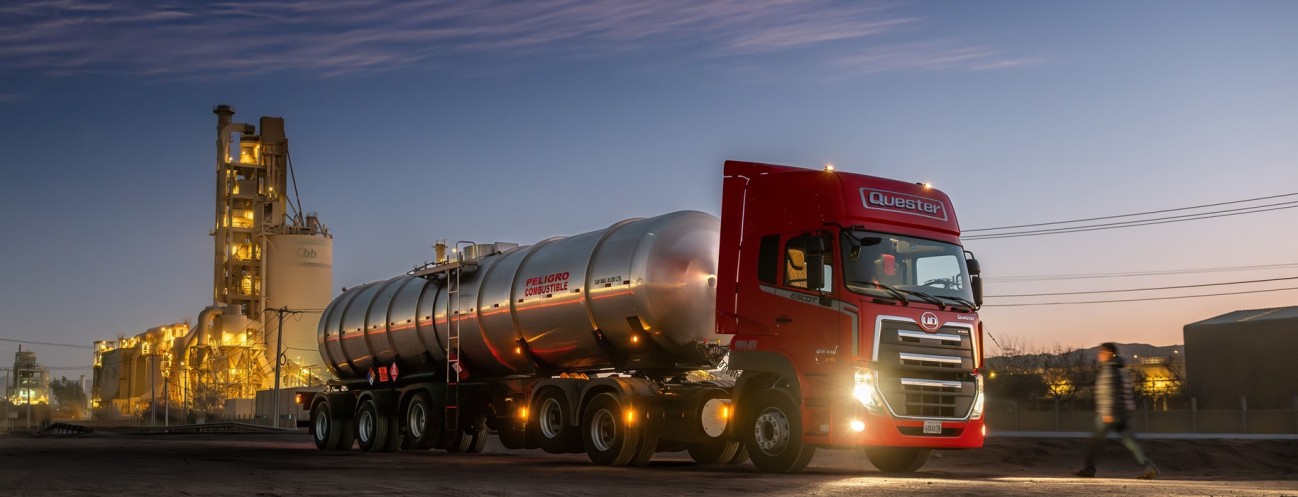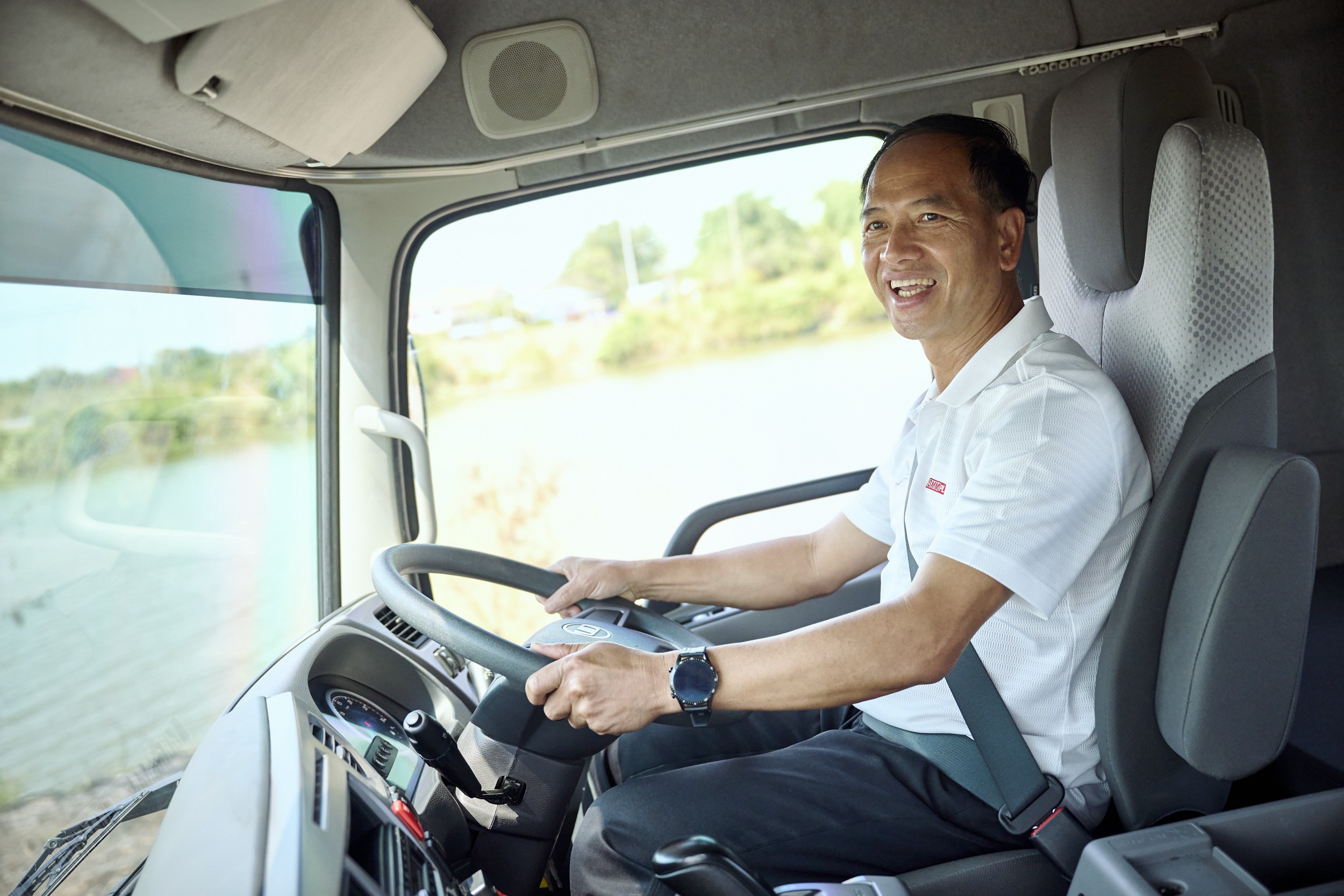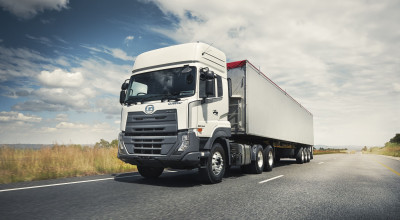Why diversity matters in the trucking industry: the social value of women drivers
As societal needs evolve, diversity has become increasingly important in the trucking industry. While once considered a male-dominated field, the sector is now embracing a new wave of change driven by the rise of women drivers.
This shift is not only about filling labor shortages—it also responds to wider social demands for workplace reform and gender equality. By bringing diverse perspectives into the field, companies can improve service quality and drive positive industry-wide transformation.
As a cornerstone of logistics, the trucking sector stands to gain new potential through the inclusion of women drivers.
The value and context of women entering the trucking industry
Women’s joining the trucking profession holds significance for both gender equality and economic empowerment.
In the U.S., the number of women truck drivers grew by 88% between 2010 and 2021, reaching 13.7% of the total driver workforce in 2024. Similar growth trends are seen across Europe, contributing to a narrowing gender gap in the industry.
Truck driving offers stable income regardless of educational background or previous work experience, making it a viable path to financial independence for women.
In Japan, initiatives such as the “Toragirl Promotion Project” are encouraging the hiring of more women. Yet, as of 2023, women still make up only around 3.5% of all truck drivers—a figure that remains low.
Four key benefits of hiring more women drivers

The growing presence of women drivers offers several tangible benefits to the industry:
- Improved road safety through cautious driving
- Enhanced corporate branding and public image
- Positive transformation of workplace culture
- A meaningful solution to driver shortages
Let’s look at each of these in more detail.
1. Safer driving and fewer accidents
Women drivers are often more cautious, which contributes to greater overall road safety. A 12-year study by Alabama State University found that women drivers are more likely to follow traffic laws and are significantly less prone to serious violations.
Women drivers had a 13.2% lower violation rate than men, and the American Transportation Research Institute also reports lower accident rates among female drivers. In France, men are responsible for 84% of traffic accidents, further reinforcing these findings.
The evidence is clear: women’s driving habits contribute meaningfully to safer roads.
2. Stronger corporate image and DE&I leadership
Hiring women drivers supports corporate efforts to promote Diversity, Equity, and Inclusion (DE&I), enhancing brand image and stakeholder trust.
In the U.S., the Women In Trucking Association helps companies build inclusive workplaces where women can thrive. These initiatives not only support recruitment but also align with Corporate Social Responsibility (CSR) goals.
Actively promoting women in trucking improves a company’s public perception and builds stronger relationships with customers and partners.
3. Improved workplace culture
As more women join the workforce, workplace culture improves. Issues like harassment and discrimination are more actively addressed, prompting companies to enhance their environments.
Many companies are introducing more flexible work schedules, childcare support, and parental leave policies—changes that benefit all employees by supporting work–life balance.
4. Alleviating the driver shortage
Promoting the employment of women is a strategic solution to the global driver shortage. According to the International Road Transport Union (IRU), 3.6 million truck driver positions were unfilled across 36 countries in 2024, impacting regions responsible for 70% of global GDP.
Europe faces a shortfall of 230,000 drivers, which may grow to 745,000 in the coming years. In the U.S., the shortage stands at 60,000 in 2024 and is expected to reach 82,000 by year-end.
Increasing the number of women drivers can play a significant role in easing this global challenge.
UD Trucks' commitment to women in trucking
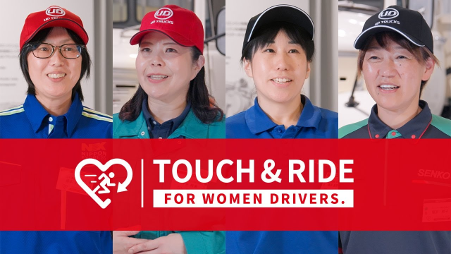
UD Trucks actively supports women drivers through vehicle design and driver training initiatives.
For example, its flagship heavy-duty model, “Quon”, features optimally placed steps and multi-adjustable seats, providing a comfortable driving experience for people of all sizes. It also includes “UD Active Steering”, which helps reduce driver fatigue during long-haul operations.
UD Trucks also holds test-driving events specifically for women drivers in Japan.
▶️ Read more and watch the video: Creating a Brighter Future in Logistics Together: UD Trucks’ Women Driver Test Drive 2024
The company is also committed to fostering an inclusive culture through events like “Diversity & Inclusion Week” and has been officially certified with the “Eruboshi” mark by Japan’s Ministry of Health, Labour and Welfare for its support of women in the workplace.
UD Trucks’ initiatives to empower women have been widely recognized on the global stage. In South Africa, the company launched the “Ultimate Women Empowerment Program” to challenge gender norms in the transportation sector.
By partnering with the Commercial Transport Academy and supporting truck driver training programs, UD Trucks has received top honors at the “naamsa Annual Accelerator Awards”, one of the most prestigious events in South Africa’s automotive industry. Through these efforts, UD Trucks plays an ongoing and meaningful role in supporting women's advancement and advancing gender equality in the transport industry across the globe.
Global case studies: The U.S. and Europe
Across the U.S. and Europe, forward-thinking initiatives are driving progress in gender diversity in trucking.
United States
In the United States, the “Women In Trucking Association (WIT)” has made significant progress in supporting women drivers. This non-profit organization works to promote the employment of women, recognize their achievements, and reduce barriers in the workplace—leading industry-wide efforts to create a more inclusive environment.
WIT also runs the “Top Companies for Women to Work in Transportation.” Through these efforts, UD Trucks continues to make a significant contribution to advancing women’s careers and promoting gender equality in the transport industry across the globe awards, helping shift industry-wide mindsets by showcasing leading organizations.
Europe: France and Germany
In Europe, a range of institutional support systems has been put in place to encourage more women to enter the trucking industry. In France, the television program Queens of the Road showcases the daily lives of female truck drivers, helping to raise public awareness of their growing role.
In Germany, government subsidies, training programs, and family-friendly policies such as childcare support are making it easier for women to pursue careers in the transport sector with confidence.
These efforts are expanding career opportunities for women and helping to promote their entry into the trucking industry.
Conclusion: Women drivers are key to a brighter future for the trucking industry
Women’s participation in the trucking industry offers far more than just a solution to labor shortages. It contributes to safer roads, improved brand image, more inclusive workplace cultures, and broader social progress toward gender equity.
Now is the time for businesses and governments to join forces and create a supportive environment where women can thrive—unlocking new potential and a more sustainable future for the entire logistics industry.

